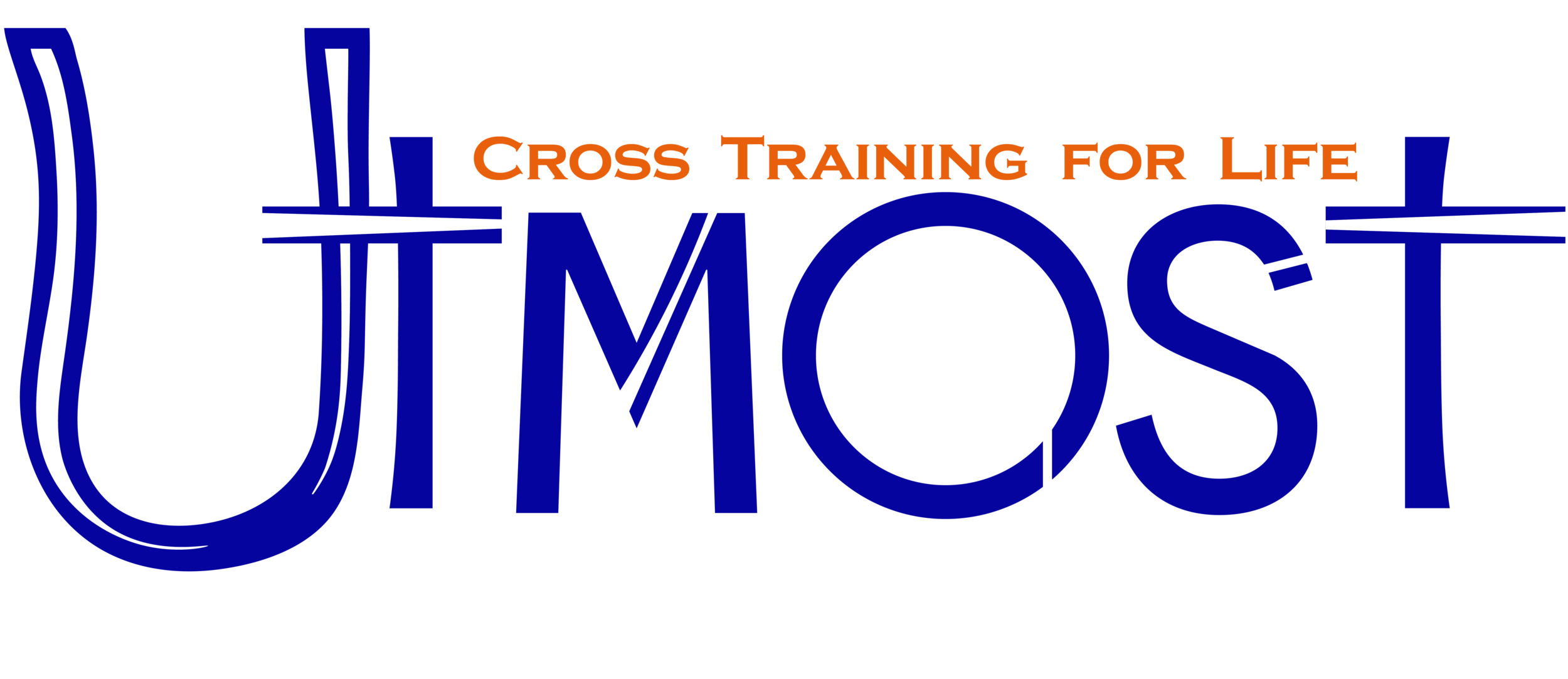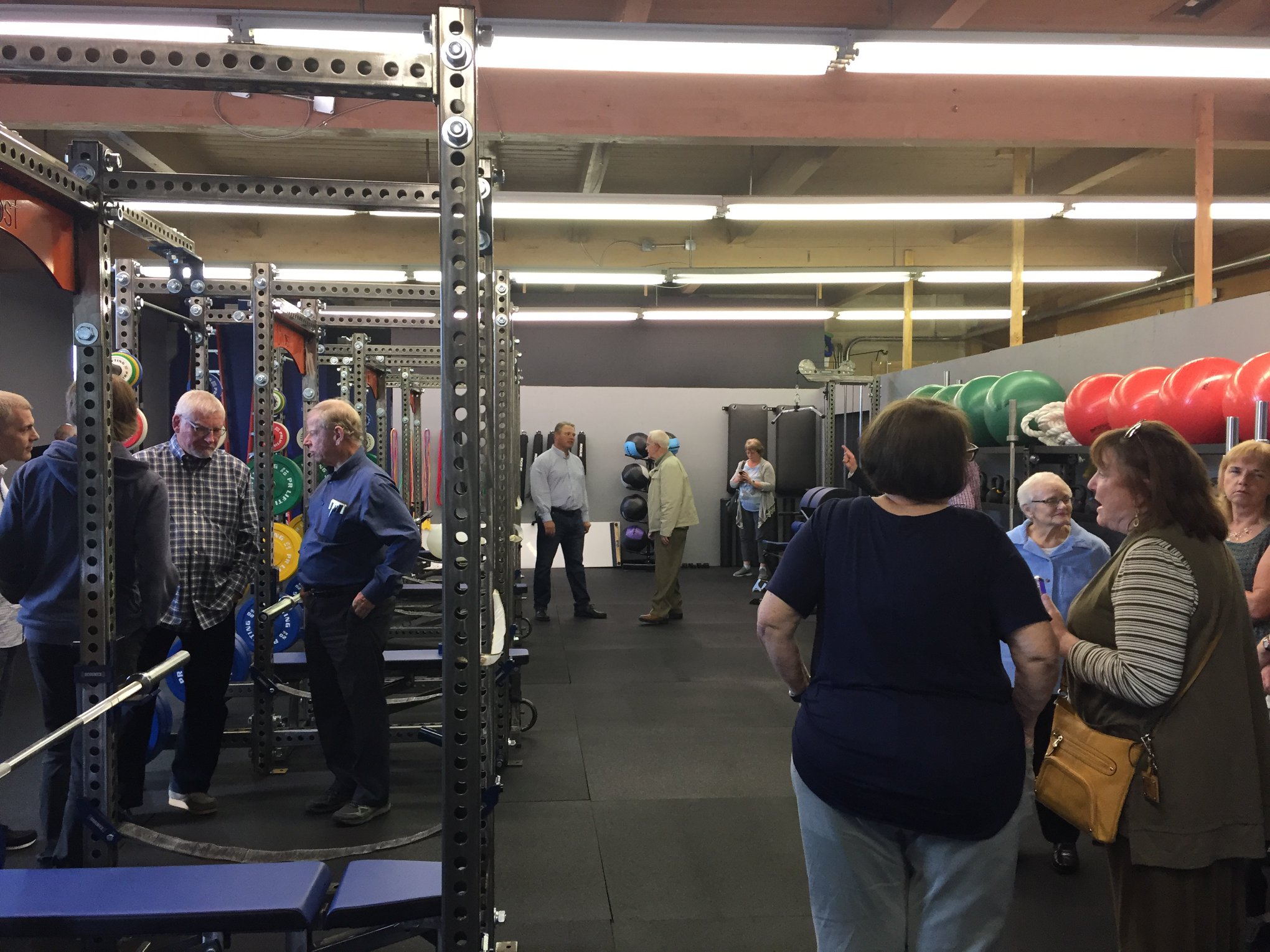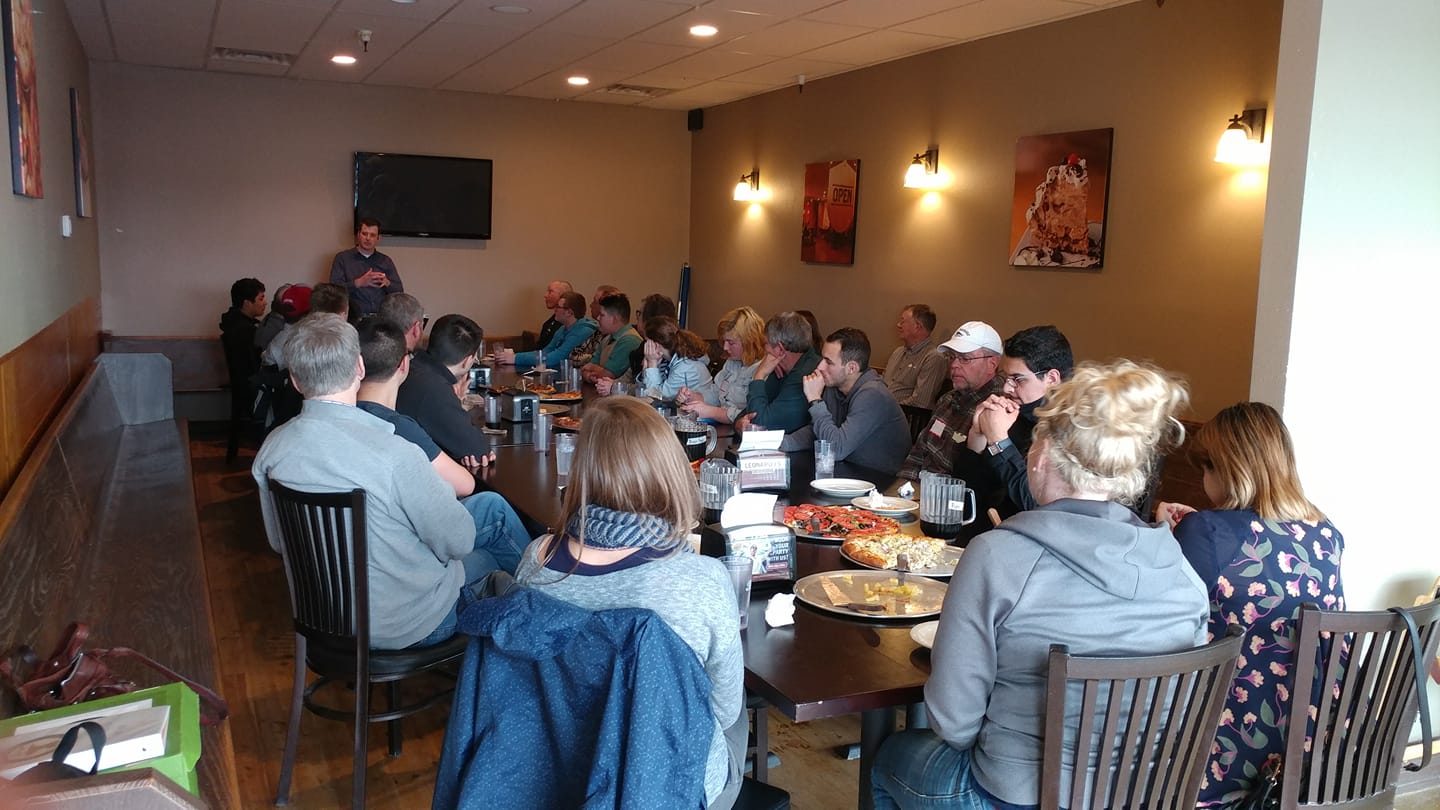What can a dump truck, snow, and bricks teach us about Christian ministry? Something maybe.
Some weeks ago I brought my girls with me to complete a large landscaping job in which we were building a stone retaining wall. The job was finished and there were about 150 extra bricks that needed to be loaded into a large dump truck and hauled back to Home Depot. When my girls and I got to the top of the ridge in our neigborhood we found that while it had not snowed at our house, it had snowed a couple of inches up there! It was also a good deal colder. As a good Dad, I of course had not anticipated this and brought no work gloves for my girls, 5 and 8 or for me.
Over the next couple of hours I patiently helped them help me load each brick onto pallets in the truck. I stood up on the back end looking down at them as they handed up each brick covered in snow. I felt badly looking at their pink little hands, but I also knew that this was a really good character building experience for them. At one point a couple of older boys bicycled by with gloves on. My oldest could hear them complaining about how cold it was and that they needed to stop and warm up. At one point she looked up and said, "You know at school, the boys always talk about girls being 'fancy'. Sometimes I think boys can by pretty 'fancy' too." I couldn't help but laugh. While my girls were cold, they were learning the borders and testing the margins of their mental and physical toughness through work. All children need to do this. We talked about sometimes needing to focus on the task at hand when things get difficult, that when things get difficult you sometimes have to just keep moving forward until the job is done. I believe these things. But, it was their in their looking up during and after the work that I was most struck.
One of the hopes in pursuing Kingdom work (and specifically youth work) through the vehicle of social enterprise is that as we pursue it we think reflectively about the theology that does or does not undergird what we are doing. In the past I have tried to write on theological frameworks for Christian Social Enterprise and the other day I ran into one of these ideas while in church. There was a connection point between the experience with that dump truck and what I was hearing.
At least part of what we are doing in youth ministry through social enterprise is giving students glimpses of glory.
In his lecture/sermon on "The Weight of Glory", C.S. Lewis draws an analogy to children and parent while he is trying to define glory as "fame or good report". Lewis is careful to say that glory, on the human side at least, is actually our need for the recognition of God. What we often pursue is fame or good report from our fellow human beings as some kind of substitute for this divine embrace. But, his point is that we are wired to seek recognition from God. A kind of divine approval and blessing.
All of us long to hear from some final authority the words that we see in Matthew 25, "Well done good and faithful servant." In Matthew 3 we also find that the Son of God, after being baptized receives praise from on high. "And a voice from heaven said, 'This is my Son, whom I love; with him I am well pleased." Again in Matthew 17 we see in the Transfiguration that the Father again is well pleased with the Son. The point of all this, and its one that I think I agree with, is that as human beings we long to receive the praise of God. Shoot, apparently even God needs the praise of God! We are in some sense wired for it. But, the trick is that in order for us to believe in that God who delights in us and hope for its future day of fullness, we need to experiences glimpses of glory here and now. That is to say that it is often human beings, our neighbors and perhaps most importantly our parents, who provide that foretaste as we live this side of God's Kingdom. We need somebody, sometimes anybody to tell us, "Well done, I am proud of you!"
Lewis says that in this way we are rather like children. Anyone that has children can verify that there is nothing they long for more than to earn (honest and genuine!) praise from their parents. They long to hear that they have worked hard and done well. This is what I ran into with my own girls. At several stages of the work, while they hardly complained, they did seek out my approval. They clearly wanted to know that they were doing a good job at the task at hand. This dynamic continued after the fact as well. Tucking one of them in at night I told them that I was proud that they had worked so hard and toughed it out. They wanted to hear what every human being wants to hear from some higher authority, "Well done you hard worker! You are doing great! Keep at it! I am proud of you! I often try to offer them this praise apart from the tasks they perform, but I also want them to be able to honestly assess when they have worked hard and done well. And all of this of course is exactly what Lewis is driving at. We are all looking up in some sense. I think Lewis is exactly right about this impulse to receive glory from the one who made us and it is an important theological pillar that supports all the intergenerational ministry and youth ministry that my church is working on. We are engaged in Christian Social Enterprise through mentoring because it gives us an opportunity to add an adult, or perhaps the first adult, to the lives of local teenagers that need to catch a glimpse of glory.
Part of what we do when we do ministry is we provide glimpses or foretastes, or inivitations to glory, for those that we work with. We have an opportunity to help people believe and hope that somebody out there is interested in them precisely where they are. One of the reasons that we have created a program around intergenerational mentoring is because we believe that our mentors have much more to offer our students than professional experience. They have much more to offer than years of wisdom. Part of what they have to offer is a glimpse of the glory of God that we all long to hear and know in fullness one day. The voice that says to us, "Well done child! I am proud of you! How did you walk that road!?" In short, what we are providing is foretastes of glory, hints of divine love and approval. We are offering human beings opportunities to be caught in the tonal warmth and magnetic light of God's voice and gaze.
At the end of the day, the world is full of people with technical skills. It is full of people with soft skills. It does not have enough people with the ability to offer these divine glimpses.
My hope is that our program can continue to offer that.









